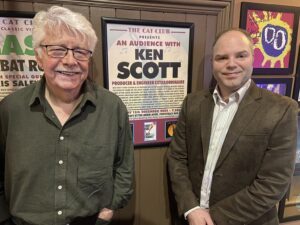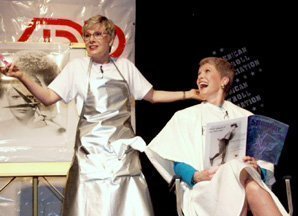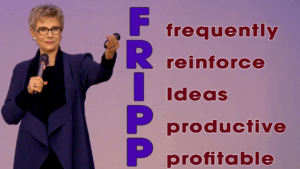Recently, I had the pleasure of giving a rehearsal coaching session for the National Speakers Association Northern California (NSANC) Last Story Standing contestants.
Six speakers.
Six powerful stories.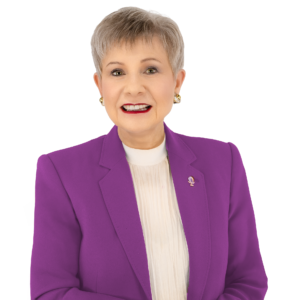
Five minutes each.
And every single one of them was well-scripted.
Let me say that again.
Every. Single. One.
The level of thought, structure, and emotional intelligence in those stories was impressive. There were no ideas about stories. They were crafted narratives with tension, transformation, and meaning.
However, and this is where coaching becomes interesting, much of the advice I gave them was similar.
Why?
Because while audiences change and content changes, great presentation principles do not.
The Real Power of Entering a Story Contest
Most people enter a contest hoping to win a trophy.
The real prize is the discipline of perfecting five minutes.
Five minutes forces you to:
- Remove vague language
- Replace “things” with specifics
- Eliminate weak grammar
- Control your timing
- Make every word earn its place
- Become intentional with gesture and movement
- Decide exactly where the story ends
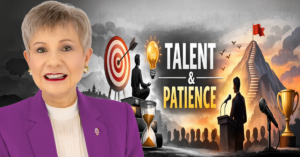
You cannot hide in five minutes.
You cannot ramble.
You cannot lecture.
You must craft.
And that discipline, that level of precision, is what transforms a good speaker into a compelling one.
I challenged every contestant:
Apply this same precision and thought into every speech you give.
Because the work required to refine five minutes is exactly the work required to elevate a keynote, a training session, a sales presentation, or a boardroom briefing.
What I Told Them (And What Applies to Every Speaker)
Although each story was different, much of my advice was consistent.
Here are the universal principles we worked on.
- Be Specific. “Thing” Is Not a Word
If something changes your life, it is not a “thing.”
It is a:
- Decision
- Realization
- Commitment
- Shift in thinking
- Lesson
- Principle
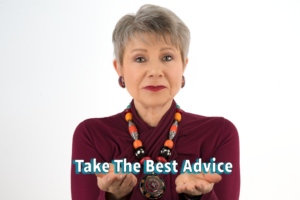
- Technique
- Formula
- Habit
- Discipline
Specific language elevates authority.
Vague language dilutes it.
- Units of Time Belong at the Beginning
“Last year, I lost my father.”
Not:
“I lost my father last year.”
Time is a setup phrase.
The important idea is the impact phrase.
This small adjustment increases clarity and emotional weight.
I have never heard other speech coaches teach this, yet it transforms impact.
- Watch Your Tenses
Several speakers moved between the past and the present.
That can be a powerful theatrical choice, if it is intentional.
If it is accidental, it creates subtle confusion.
The audience may not know why something feels slightly off; however, they will feel it.
Professional speakers make tense shifts deliberately.
- Do Not Step on Your Punch Phrase
In comedy, there is a setup and a punch line or punch word.
In business speaking, there is a setup phrase and an impact phrase.
If you add “right?” or “you know?” after the impact phrase, you weaken it.
Deliver the line.
Freeze.
Let it land.
- Close Once, and Close Strong
Several contestants closed more than once.
Your story has one natural completion point.
Find it.
Honor it.
Deliver the final line.
Hold the gesture.
Make eye contact.
Then stop.
No extra commentary.
- Your Body Must Support Your Words
Everything you do physically either adds to or distracts from your message.
- Do not wear clothing you have never worn before
- Avoid excessive pacing
- Have a default hand position
- Do not mirror gestures unnecessarily
- Gesture to the right when referencing the past
- Gesture to the left when referencing the future
- Freeze your gesture on the most important lines
Audiences may not consciously know these principles, but they feel the difference.
The Philosophy That Matters Most
Every contestant had a powerful story.
Every one of them.
And that is the beauty of storytelling. Transformation is universal.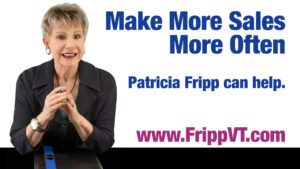
What separates good from magnificent is not the story alone.
It is the precision.
The discipline.
The thought behind every word.
The awareness of structure.
The respect for impact.
Audiences change.
Topics change.
Industries change.
Great presentation principles do not.
When you master these fundamentals once and practice them consistently, they elevate every speech you deliver for the rest of your career.
There Is Never a Loser in a Contest
One of the great lessons from professional speaking competitions is this:
There is no loser.
Even if you do not take home the trophy, you gain:
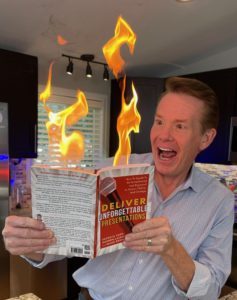
- Visibility
- Discipline
- Feedback
- Sharper storytelling
- Better video footage
- Increased confidence
- A deeper understanding of your craft
And most importantly, you learn what it takes to turn five minutes into an unforgettable experience. For the speaker and the audience.
My Challenge to Every Speaker
If you are reading this and you speak in any professional capacity, take one five-minute section of your presentation.
Polish it until no excess remains. No filler. No vague language. No accidental movement. No weak close.
Then apply that same discipline to everything else you deliver.
Because good speakers rely on talent.
Great speakers rely on principles.
And world-class speakers consistently practice those principles.
To the NSANC Last Story Standing contestants:
You already have magnificent stories.
Now refine them.
And then take that precision into every presentation you ever give.
That is how you move from good to great, to magnificent, to world-class.
“Patricia Fripp’s coaching was incredibly valuable. She is razor-focused on every word, every phrase, and every moment that matters. Even as an experienced speaker and an expert on my subject, she helped me transform my ideas into a powerful, cohesive keynote. I learned a tremendous amount from working with her, and the experience elevated both my message and my confidence.” Lisa Fain
Read More...